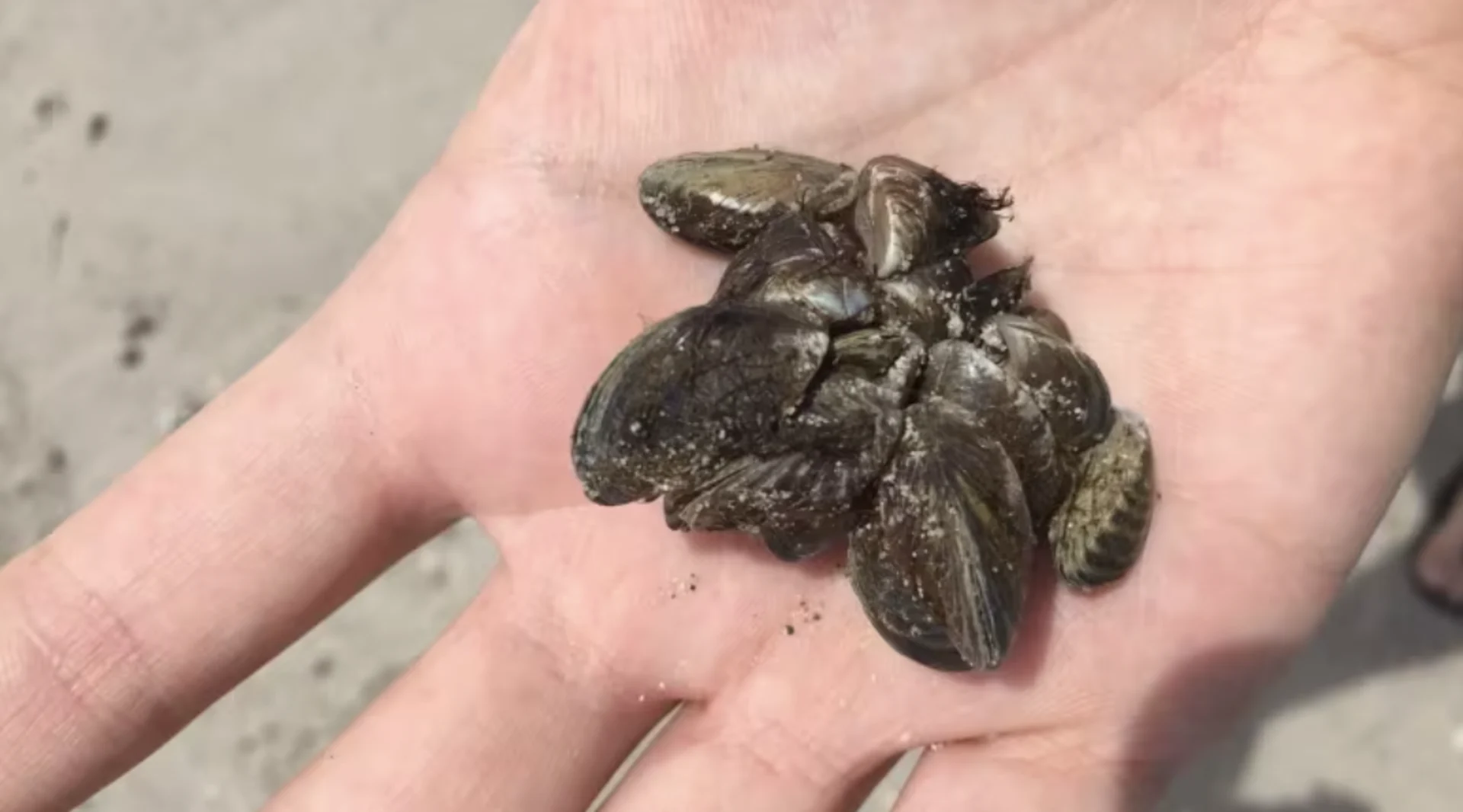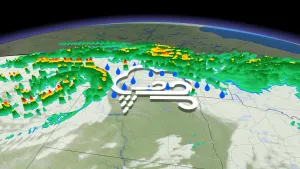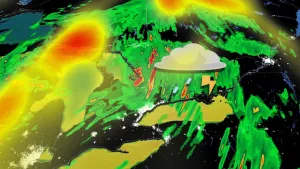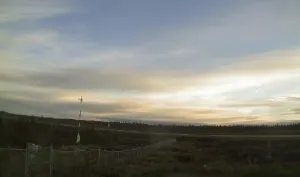
Zebra mussels found in Riding Mountain National Park lake, says Parks Canada
An aquatic invasive species has been discovered at a lake in Riding Mountain National Park, according to Parks Canada.
This month, preliminary test results from water samples collected at Boat Cove in Clear Lake throughout the summer suggested the presence of zebra mussels, a spokesperson for Parks Canada told CBC News on Monday.
Further monitoring and sampling was conducted in light of the test results, according to the spokesperson.
"As a result of this work, Parks Canada staff have confirmed the presence of zebra mussels at Boat Cove," they said.
Living zebra mussels were retrieved from the water, Parks Canada's website says.
SEE ALSO: 'Razor-sharp shells': Invasive mussels are threatening Okanagan's waterways
Zebra mussels are an invasive species that were first detected in Lake Winnipeg in 2013 and are now well-established in three Manitoba waterways. They were detected in the Red River and Cedar Lake in 2015, according to the Manitoba government.
The invasive species are a concern because if they spread, zebra mussels will choke out everything else in a lake because they reproduce so quickly, with millions of mussels forming carpets on the bottoms of boats and along lake bottoms, biologists say.
DON'T MISS: Thinking of turning your pet turtle loose in the great outdoors? Shell no
Next steps will be figured out in the coming months, and public engagement sessions will be held this winter, according to Parks Canada's website.
The organization is working with partner organizations to analyze the test results, according to the spokesperson. The boat launch area is closed until next year.
In 2017, Parks Canada closed Whirlpool Lake and a campground in Riding Mountain National Park to the public after DNA evidence of zebra mussels was found in water samples.
Thumbnail image courtesy of Austin Grabish/CBC News.
This article was written by and originally published for CBC News, with files from Chelsea Kemp.









